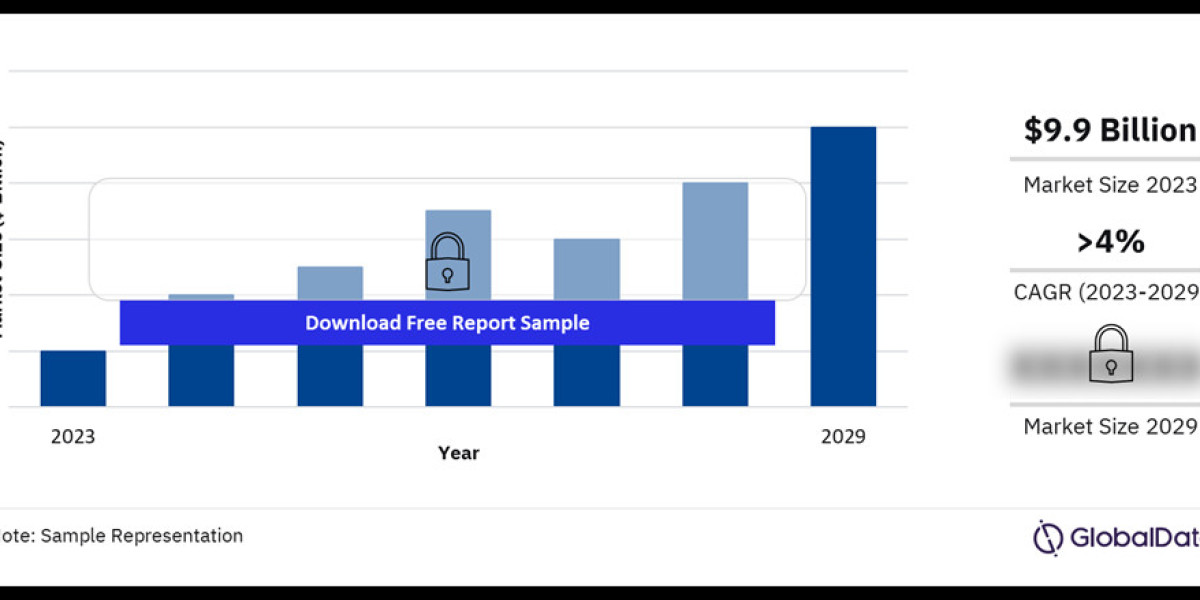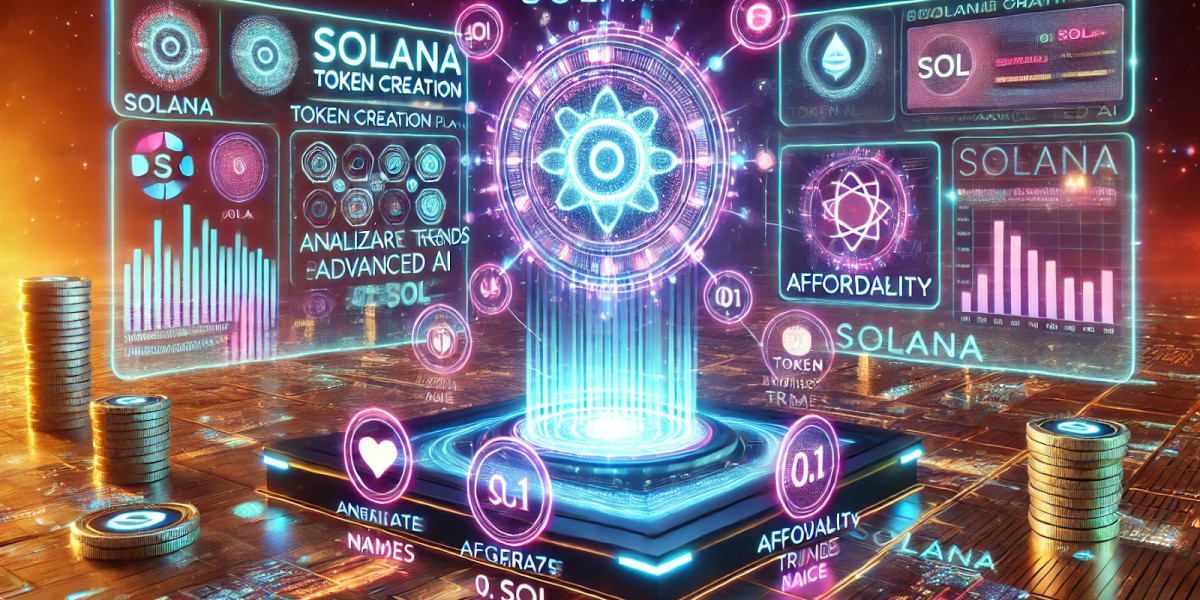In an increasingly virtual world, technology has changed the way financial choices are made. From large corporations to individuals coping with non-public budgets, the integration of superior gear and platforms is riding greater knowledge and green financial techniques. This weblog delves into how generation impacts economic selection-making and highlights its blessings, challenges, and destiny implications.
The Evolution of Financial Decision-Making
Historically, financial choice-making depended on manual tactics, intuition, and simple report-maintaining. Businesses and individuals frequently made important selections based on constrained records and experience. The introduction of virtual tools, but, has revolutionized this method. Spreadsheets paved the way for fundamental statistics evaluation, whilst today’s advanced algorithms and software solutions permit decisions rooted in unique, real-time insights. The shift from instinct to facts-driven methodologies has considerably stronger accuracy and confidence in financial planning.
Key Technologies Transforming Financial Decisions
Artificial Intelligence (AI) and Machine Learning (ML)
AI and ML are at the vanguard of financial technology. These gear analyze significant datasets to pick out styles, expect market trends, and optimise funding techniques. For example, AI-powered equipment helps economic advisors create personalised plans tailor-made to clients’ unique needs and dreams. Fraud detection structures additionally leverage ML to understand anomalies in transactions, making sure safety and agree with.
Blockchain and Cryptocurrency
Blockchain technology underpins cryptocurrencies and gives an unprecedented stage of transparency and safety in monetary transactions. Beyond cryptocurrencies, blockchain is being used in delivery chain finance, contract management, and secure facts sharing. These programs are changing how agencies and buyers technique monetary structures.
Big Data Analytics
Big facts allow agencies to combine and examine records from diverse assets, offering actionable insights. Companies use those insights to apprehend client behaviour, manage risks, and forecast economic results. On a man or woman stage, massive data allows for developing custom-designed monetary recommendations.
Automation and Robotic Process Automation (RPA)
Automation equipment simplifies repetitive economic duties, consisting of bill processing, expense tracking, and payroll management. RPA, specifically, has received traction for its potential to perform complicated workflows without human intervention, decreasing mistakes and saving time.
Enhanced Accessibility for Individuals and Businesses
The rise of monetary era (fintech) structures has democratized get entry to to sophisticated financial equipment. Mobile apps now allow customers to monitor their budgets, investments, and credit score scores in real time. These platforms have bridged the distance between traditional monetary offerings and the common patron, making it less difficult than ever to make informed choices. For groups, gear like agency resource-making plans (ERP) systems and purchaser relationship management (CRM) software programs provide complete perspectives of financial health, enabling better forecasting and strategic planning. Services like Outsourced CFO Services similarly empower companies by offering expert economic management without the want for a complete-time in-residence CFO, permitting them to allocate assets efficiently.
Challenges of Technology in Financial Decision-Making
Cybersecurity Risks
While the era complements monetary choice-making, it additionally introduces vulnerabilities. Data breaches and cyberattacks pose substantial dangers to touchy economic statistics. Companies and people should spend money on sturdy cybersecurity measures to safeguard their records.
Over-Reliance on Technology
Relying too closely on technology can result in complacency. Automated structures, even as efficient, are not infallible. Human oversight is vital to ensure that choices align with overarching economic dreams and ethical considerations.
The Digital Divide
Not all people have equal rights to entry to superior economic technologies. This disparity can create gaps in financial literacy and choice-making competencies, especially in underprivileged or rural areas. Bridging this divide is crucial for ensuring equitable financial possibilities.
Future Trends in Financial Technology
The destiny of financial choice-making lies in rising technology like quantum computing and decentralized finance (DeFi). Quantum computing can remedy complex economic models at remarkable speeds, while DeFi offers a greater transparent and accessible opportunity to conventional banking structures. These innovations will remain from the monetary landscape, supplying new possibilities and demanding situations.
Practical Tips for Adapting to Technology in Finance
Stay Informed
Regularly update your understanding of the latest financial equipment and developments.
Leverage Trusted Platforms
Use reputable software and apps to manipulate finances securely.
Invest in Cybersecurity
Protect your financial records with sturdy passwords, encryption, and multi-component authentication.
Balance Technology and Human Expertise
Combine automated tools with expert advice for nicely rounded monetary strategies.
Encourage Digital Literacy
Promote education about monetary technology to reduce the virtual divide.
Conclusion
Technology has undeniably converted financial decision-making, making it more particular, green, and available. From AI-pushed analytics to blockchain protection, the gear available nowadays empowers individuals and businesses to make smarter financial selections. However, it’s crucial to deal with the accompanying challenges, consisting of cybersecurity and over-reliance, to harness the advantages of those advancements. By staying informed and hanging stability between technology and human understanding, we can pave the way for a financially steady future.









